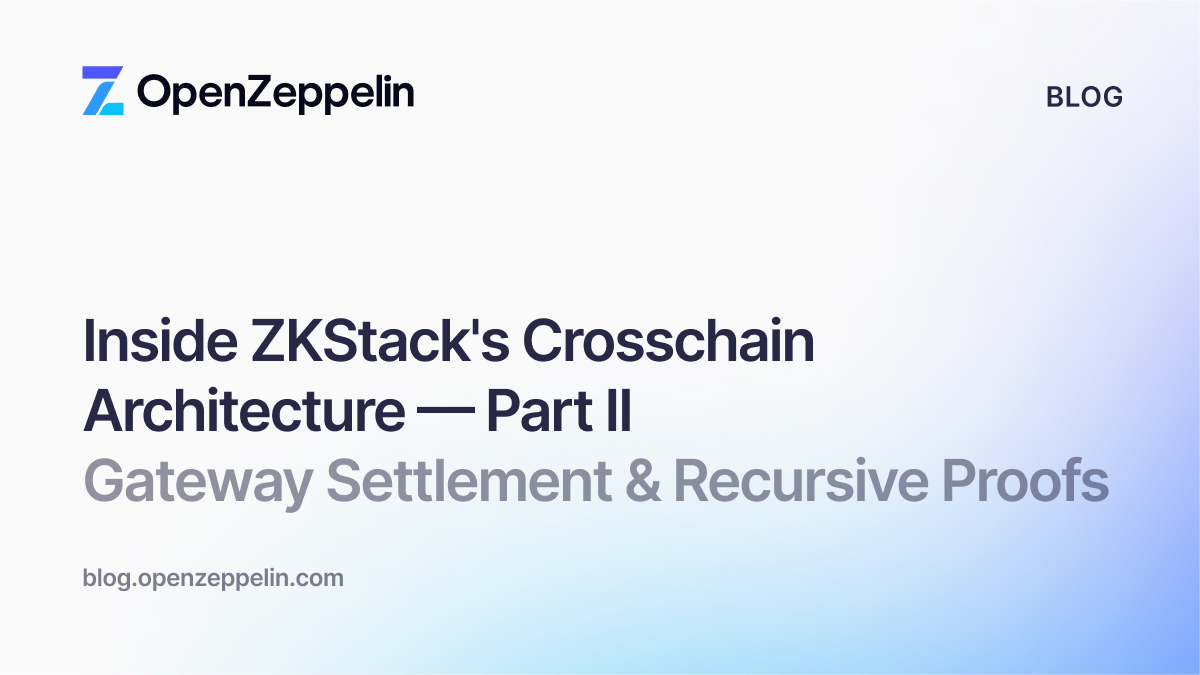by Manuel Araoz
As you probably know, TheDAO hack was a tragic event for the Ethereum community. $50M USD were lost from the original contract, ETH price crashed, a hard fork was conducted as a “fix”, which spawned Ethereum Classic into existence, and many people lost confidence in blockchains as immutable platforms where is law.
On the bright side, this sparked really great conversations about smart contract security. New really cool projects emerged trying to improve the tools available to smart contract developers (one of which is OpenZeppelin).
The biggest problem with TheDAO was that it was vulnerable to reentrancy. This allowed the attacker to execute malicious in between the contract’s execution, and steal funds. A good pattern that prevents that problem is doing pull payments instead of push payments
This has been discussed by the Ethereum developer community for a while, so I decided to write a helper contract anyone can use to adopt this pattern easily. Just make your contracts inherit from this contract and replace send calls with asyncSend:
/*
* PullPayment
* Base contract supporting async send for pull payments.
* Inherit from this contract and use asyncSend instead of send.
*/
contract
PullPayment {
mapping
(address => uint) public payments;
// store sent amount as credit to be pulled, called by payer
function
asyncSend(address dest, uint amount) internal {
payments[dest] += amount;
}
// withdraw accumulated balance, called by payee
function
withdrawPayments() external {
uint payment = payments[msg.sender];
payments[msg.sender] = 0;
if (!msg.sender.send(payment)) {
payments[msg.sender] = payment;
}
}
}
Every time you call asyncSend, balance is added to the caller’s credit. Note that the function is internal and can only be called by this contract or contracts inheriting from it. Once someone has balance, they can call the withdrawPayments function to get the actual payment sent.
This decoupling of payment from the rest of the contract logic isolates the send call in such a way that each payee can’t mess with the rest of the funds or . If you want to see an example usage of this class, check out this sample bid contract
The PullPayment contract and some other useful smart contract modules can be found in our OpenZeppelin repo


